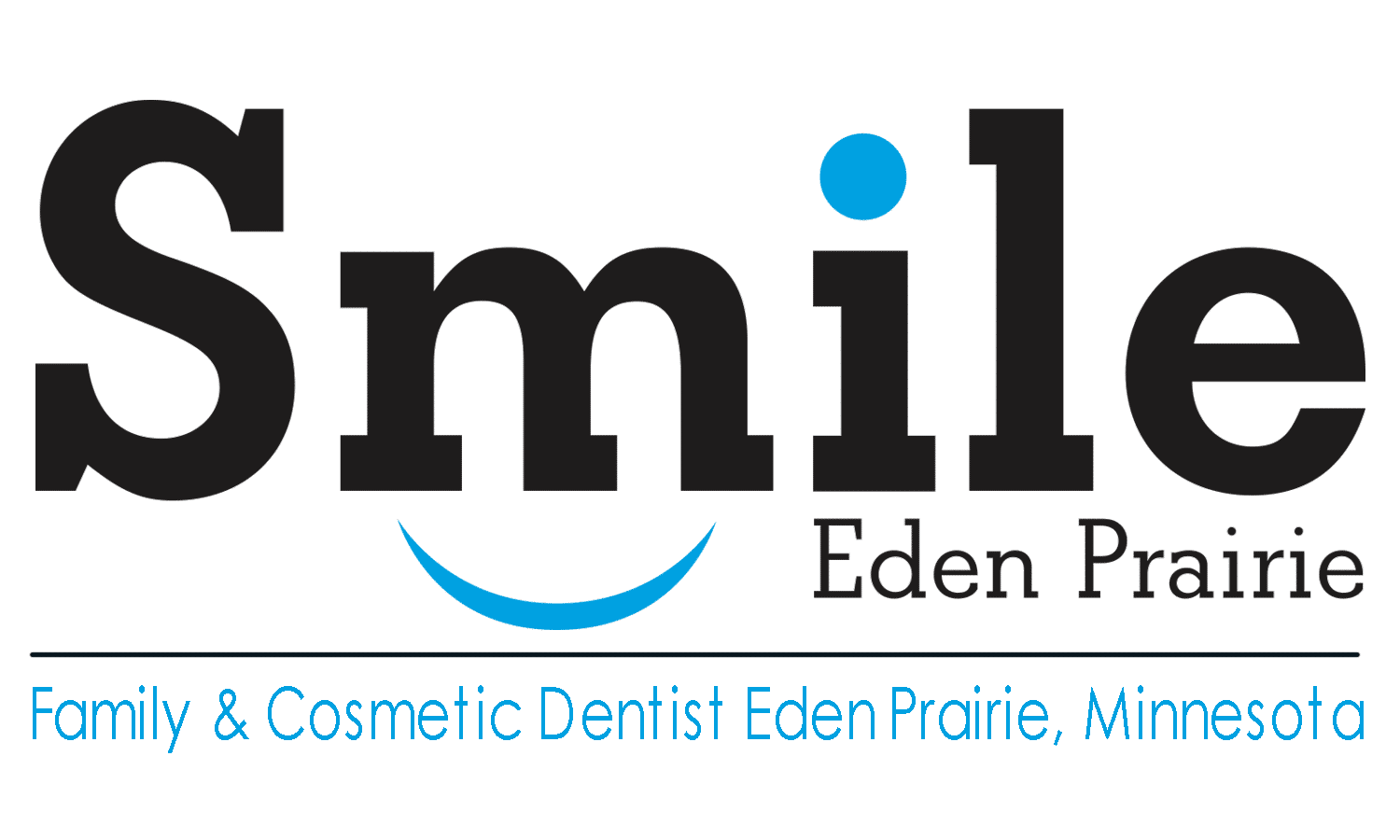What's the Difference Between a DMD and a DDS?
You may recall seeing the letters “DDS” or “DMD” following the name of your dentist. Many people are not familiar with what distinguishes one from the other. Below we will review what you need to know.
DDS vs DMD Background
The acronyms DDS and DMD are different degrees dentists can obtain. DDS stands for Doctor of Dental Surgery. DMD will either stand for Doctor of Medicine in Dentistry or Doctor of Dental Medicine. While those titles may sound different when they are spelled out, the American Dental Association (ADA) confirms that they refer to the same degrees. Some universities provide dental student graduates with a DDS, while others will provide a DMD. Rest assured, both degrees maintain the same curriculum requirements.
If they are essentially the same thing, then what is the purpose in having two different names? Understanding why there are two different names, requires a history lesson. In 1893, the Baltimore College of Medicine began giving the first Doctors of Dental Surgery (DDS) degrees. Just a brief time later, Harvard University started their own dental school. In doing so, Harvard changed the dental degree name to Doctor of Dental Medicine (DMD). This minor naming disagreement explains why we now have two different names for the same degree.
Education Requirements
Regardless of what a university chooses to call their dental degree, in order to be a dentist, extensive education is required. Most students will begin with a four-year undergraduate degree. Following this, they move on to dental school which will take another four years. Dental school includes educational, clinical and dental laboratory training.
Similar to medical school, the first two years of dental school focus on a classroom-style education. During their coursework, dental students will study biochemistry, pathology, chemistry and other similar areas. Third and fourth years are more focused on training in a clinical and laboratory environment.
After dental students graduate with a DDS or DMD degree, they are required to pass rigorous exams. In the United States, dentists must pass the National Board Dental Examinations Parts I and II which are written exams. They are also required to pass a state exam in order to be licensed to practice.
With such stringent education and examination requirements, patients can feel confident that any dentist with a DDS or DMD degree is well trained and qualified.
Education After a DDS or DMD
Most dentists are classified as general dentists. Some dentists select to pursue additional specialization in an area of dentistry following their DDS or DMD degree. This can require up to an additional six years of specialized education requirements. The ADA explains that there are nine different dental specialties which include:
- Dental public health
- Endodontics
- Oral and maxillofacial pathology
- Oral and maxillofacial radiology
- Oral and maxillofacial surgery
- Orthodontics and dentofacial orthopedics
- Pediatric dentistry
- Periodontics
- Prosthodontics
Dentists who obtain the DDS or DMD are highly educated medical professionals. Be sure to make frequent visits to you dentist in order to keep your teeth and gums healthy. Most people will visit their dentist every six months unless their dentist recommends another frequency. Maintaining good oral health at home is also important and includes brushing your teeth twice a day and flossing daily.
